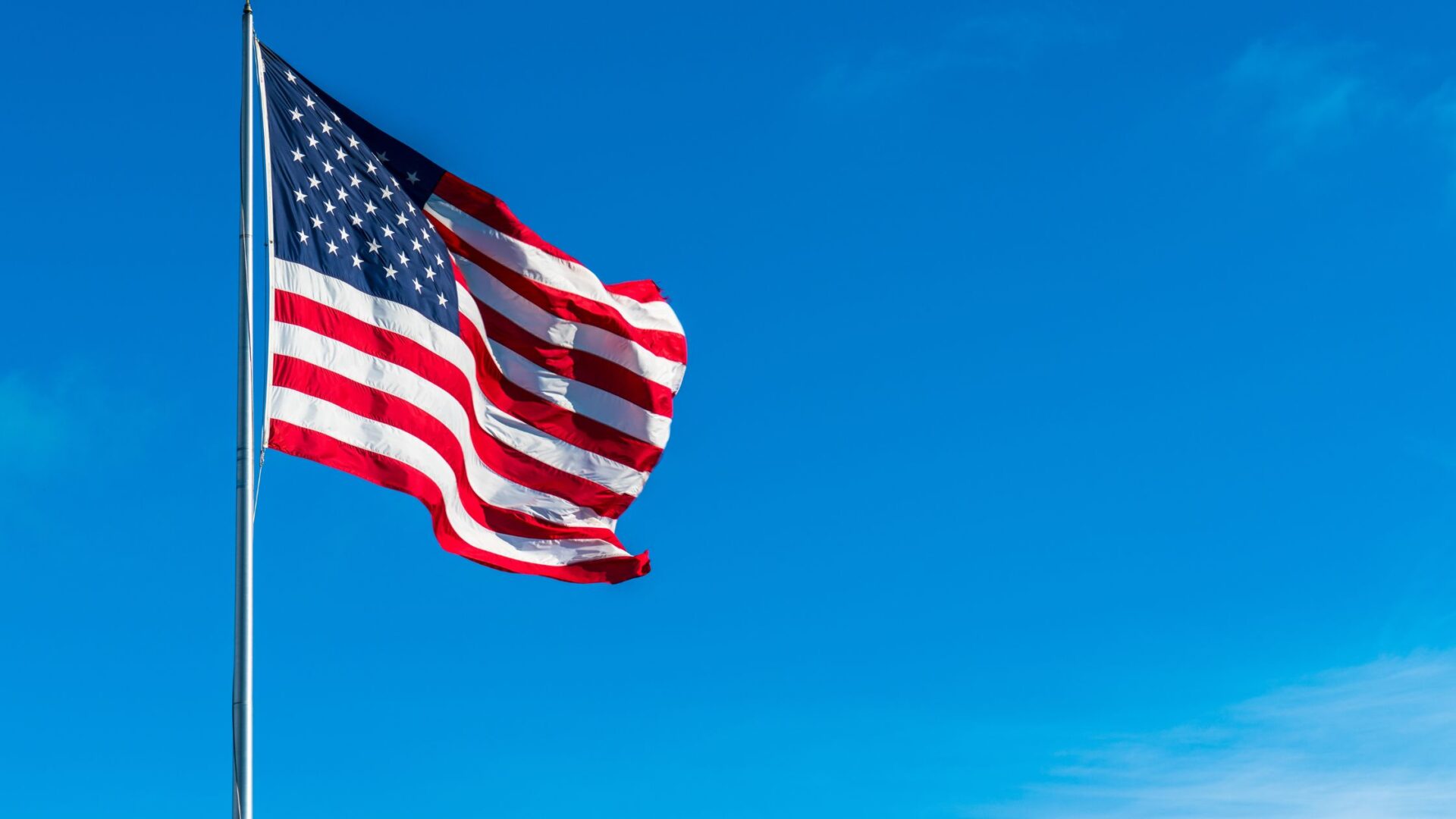Watchdog in the Weeds: How Politics Stalled Congressional Oversight
- House Speaker Mike Johnson delayed staffing a key ethics watchdog, leaving 4,000 complaints unresolved.
- The Office of Congressional Conduct was paralyzed for months, its effectiveness seriously weakened.
- Republicans have shown little interest in investigating the Trump administration.
- Johnson now faces criticism for hampering oversight while targeting Democratic lawmakers.
The U.S. Congress is supposed to provide oversight, ensuring laws are followed and actions are ethical. But a recent report reveals that House Speaker Mike Johnson, a Republican from Louisiana, has been slowing down a critical watchdog group meant to keep lawmakers in check. This delay has left thousands of complaints unaddressed, raising concerns about accountability in government.
A Key Watchdog Crippled
The Office of Congressional Conduct (OCC) is an independent group that investigates ethical issues involving lawmakers. Since 2008, it has played a vital role in holding members of Congress accountable. But under Johnson’s leadership, the OCC has been struggling to function.
For three months, Johnson did not appoint the required board members to oversee the OCC. Without this board, the office cannot start investigations, hire staff, or take action on complaints. This is the longest delay in appointing board members since the office was created.
The result? Over 4,000 complaints about lawmakers went unanswered and uninvestigated. These complaints could involve serious ethical violations, but due to Johnson’s delay, they were left in limbo. Even now, the board is not fully staffed, with two vacancies remaining. This means the current members must agree unanimously on any action, making it harder for the office to act effectively.
Why This Matters
This slowdown comes at a critical time. The Trump administration has been accused of attacking independent watchdogs across the federal government, undermining oversight. Meanwhile, Republicans in Congress have shown little interest in investigating the administration or using their oversight powers. Instead, they’ve handed over much of their authority to the president, who has been accused of ignoring checks and balances.
By crippling the OCC, critics argue that Johnson has weakened the only independent group that monitors congressional behavior. This raises questions about whether lawmakers are being held accountable for their actions.
Johnson’s Actions Spark Controversy
While the OCC remains in a weakened state, Johnson has been taking other controversial steps. For example, he threatened Democratic lawmakers who joined protests against Immigration and Customs Enforcement (ICE) in New Jersey. Johnson suggested that these lawmakers could be expelled from Congress for their actions.
This has led to accusations that Johnson is more focused on targeting his political opponents than on ensuring ethical behavior within Congress. His delays in staffing the OCC have also sparked concerns about his commitment to transparency and accountability.
What’s Next?
The OCC is now partially operational, but its effectiveness remains limited. With two board vacancies, the remaining members must reach unanimous decisions, which could slow down investigations. This means that even if the office starts addressing the backlog of complaints, it may not be able to act quickly or decisively.
The situation highlights a broader issue in Washington: the erosion of independent oversight. When watchdog groups like the OCC are weakened, it becomes easier for elected officials to avoid scrutiny. This can lead to a lack of accountability and undermine public trust in government.
As the OCC struggles to regain its footing, Johnson’s actions will likely face more scrutiny. Critics are calling for greater transparency and accountability, arguing that Congress must do better to uphold ethical standards.
In the end, this story is about the balance of power in Washington and the importance of independent oversight. When that oversight is weakened, it raises questions about who is holding lawmakers accountable—and whether anyone is watching the watchers.
